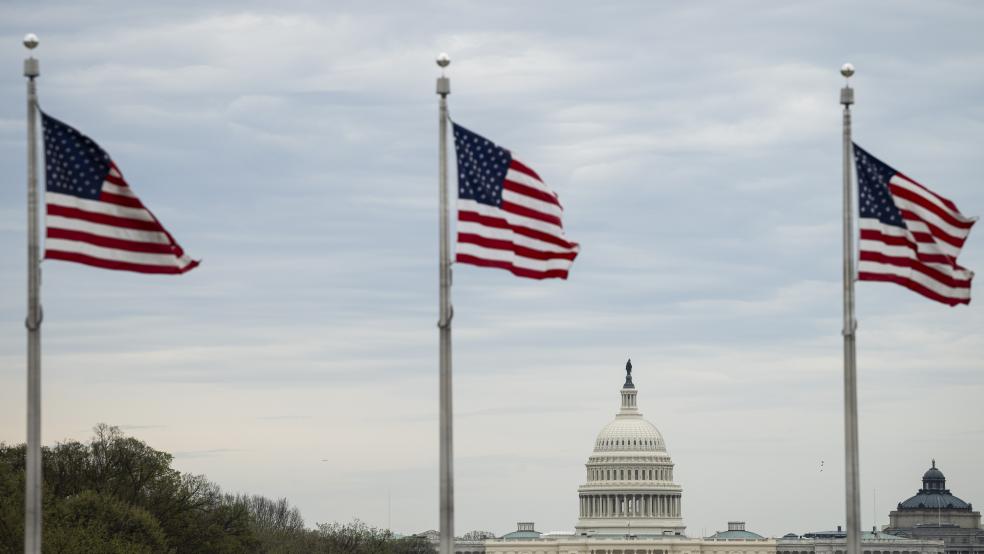The Senate on Thursday started its summer recess, with no new votes scheduled until the ninth of September, 39 days from now. Before lawmakers departed, the Senate Appropriations Committee voted on an overwhelmingly bipartisan basis to advance four annual spending measures for fiscal year 2025, including a bill that would provide $852.2 billion in defense funding, an increase of $27.2 billion, or 3.3%, over the 2024 level.
The House has approved $833 billion in defense funding, which represents a 1% increase, in keeping with the limits set by the bipartisan 2023 Fiscal Responsibility Act.
In all, the four Senate bills advanced Thursday call for nearly $1.2 trillion in federal funding for the departments of Defense; Treasury; Energy; Labor; Health and Human Services; and Education. They also would fund the federal judiciary, the Small Business Administration and other agencies and provide a $319 million increase in spending on port and harbor maintenance, raising that pot of money to more than $3.1 billion.
Thursday’s votes mean the Appropriations panel has now cleared 11 of the 12 annual spending bills, with the delayed bill for the Department of Homeland Security remaining. “We are continuing to work hard to get to a bipartisan agreement on the Homeland Security bill,” Appropriations Committee Chair Patty Murray said. “The additional time will allow us to take a closer look at issues such as the Secret Service budget as we learn more from the assassination attempt of former President Trump just over two weeks ago, and my hope is that we will be able to mark that up when we return.”
Congressional appropriators will have much work to do when they get back, and they’ll have just days left before a government shutdown deadline at the end of September. House Republicans have passed just five of the 12 annual appropriations bills, and they did so on a partisan basis, meaning that even the measures they have approved would stall out in the Democratic-led Senate. The remaining bills have been bogged down by GOP infighting. The process on the Senate side has been more bipartisan, but none of the 12 bills have been brought to a full floor vote — and Senate appropriators are looking to increase spending beyond what was called for in a bipartisan deal reached last year.
In short, Congress will more than likely need to pass a stopgap funding bill to keep government agencies running until after the November elections and buy time for appropriators to figure out their path forward.
“I'm confident if Speaker [Mike] Johnson learns the lessons of the past few times and works in a bipartisan way, we can avoid a shutdown.” Senate Majority Leader Chuck Schumer told reporters Thursday.





